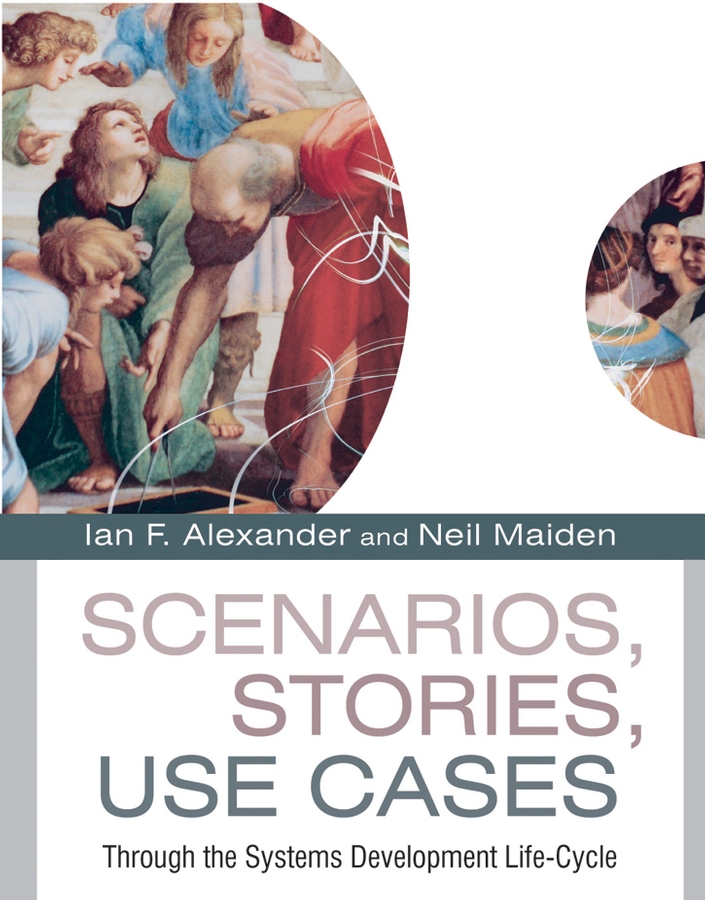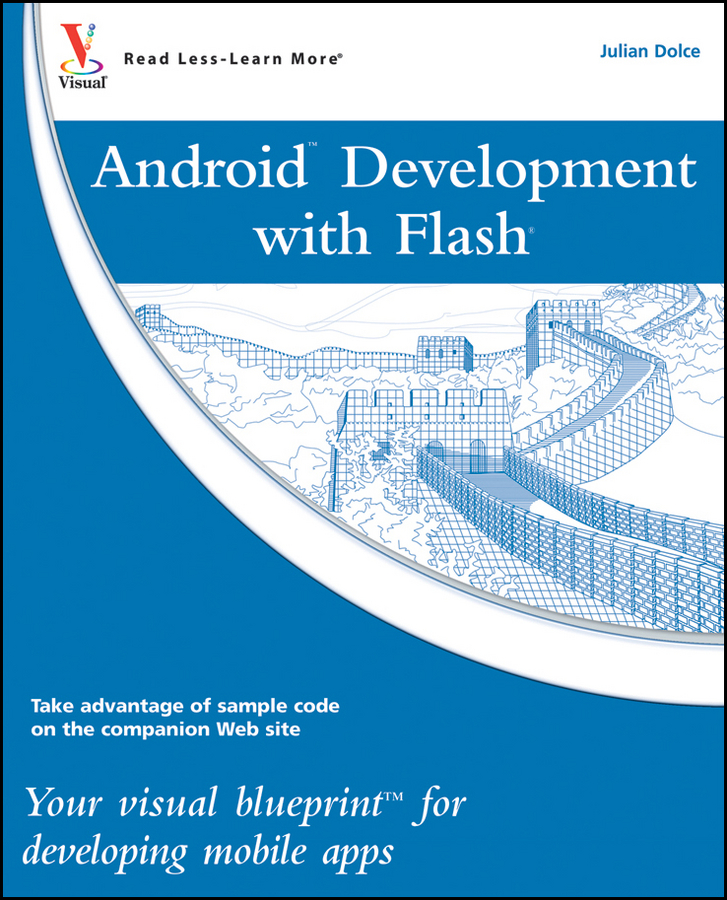CLCTP3
LanguageENG
PublishYear2005
publishCompany
Wiley
EISBN
9780470861950
PISBN
9780470861943
edition
1
- Product Details
- Contents
Based on two key principles, namely the needs that systems are supposed to fulfil ought to be defined much earlier, and far more carefully; people on projects ought to be made aware of, and become skilled in techniques to define needs adequately. the critical element identified is communication, and in particular skill in techniques for communicating needs. Scenarios offer a powerful vehicle for expressing and sharing user needs. There are many flavours of scenario, and these may well be applicable in projects of different types. In this book leading industry consultants and opinion-formers present a range of techniques from the light, sketchy and agile to the careful and systematic. What all the scenario techniques described here have in common is the motivation to improve industrial practice; a clearly-defined approach which has been applied on projects; and a grounding in theory. The book is structured as a whole to put across the message that scenarios work, and are good for your projects: Part I provides an Overview of the use of scenarios. Part II looks at how to apply Scenarios through the System Life-Cycle. It is introduced by an overview of the entire process; then the chapter authors describe their techniques in their own words, but in a fixed structure which is described below. Part III presents industrial experiences of Scenarios in Action: Case Studies. It begins with an overview of industrial uses of scenarios; then the chapter authors tell their stories in their own words, but again in a fixed structure. Part IV reasons and speculates a little about the future of scenarios in The Way Ahead. The Appendices are designed to help make this a practical guide by explaining the terms used, offering advice on further reading, and providing more detailed information on some of the examples.
Collected by
- Princeton University
- Yale University
- University of Cambridge
- University of Oxford
- Harvard University
- Columbia University Library
- Stanford University
- CUHK
- MIT
- UCB
Similar











